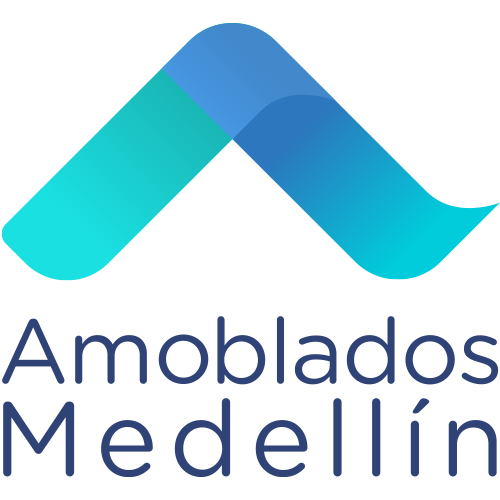The city that today is recognized for its entrepreneurship and which is increasingly consolidating itself as a regional convention center has a long history. It was founded on March 2, 1616 and until two centuries later it was almost insignificant, leaving all the importance to Santa Fe de Antioquia. But at the end of the 19th century, the relevance of this city began to be noticed through the businessmen who made the Valle de Aburrá gain importance on the map of Colombia.
Located in the central mountain range of the Andes, Medellín gradually became an important center thanks to the efforts made primarily by Pedro Justo Berrío in terms of education in the mid-19th century. From then on it was seen how the city began to evolve to become a center of commerce, which led to the creation of some financial entities such as Banco de Medellín, Banco de Antioquia, Banco Popular and Banco de Comercio. The greatest repercussions of this development would be seen in the 20th century with the creation of companies that were leaders in their industries at the national level.
At the beginning of the century, Coltejer was born and shortly after Fabricato, companies that turned Medellín into a textile city, but additionally, there were also leading companies in the soft drink industry such as LUX and in the cigarette industry with Colombiana de Tabacos. The creation of these companies was giving Medellín a strong recognition of entrepreneurship and of being a city where people liked to work and be "thrown away". All the efforts that made Medellín the second most important city in the country were severely affected in the second half of the century due to drug trafficking and the violence caused by the largest cartel of its kind in history. Pablo Escobar sowed a wave of fear in which Medellín would become the most violent city in the world. Until the mid-90s, the city regressed in progress, buried by the fear and violence caused by this cartel. From then on, the city has made a great effort to improve the lives of its inhabitants, trying to improve the safety of the city and with inclusive projects such as the metro, metro plus and library parks in conflictive urban areas.
With all this effort and due to several years of good public administration, Medellín is once again a reference not only nationally but also internationally. In recent years the city has received several awards, including one of the ten most surprising cities in the world to celebrate Christmas according to National Geographic thanks to lighting, the Sustainable Transport Award in 2012 by the Transport Research Board of the National Research Council, the mention of the BBC in 2013 as the Latin American capital of innovation, the largest public vote as the most innovative city in the world in the contest organized by Citigroup and The Wall Street Journal, the election as the best destination in South America for doing business organized by Business Destinations magazine and the election as the most competitive city in Colombia at an economic level.
In the words of an advisor to Barack Obama, "Medellín is currently the city of reference in Latin America."
